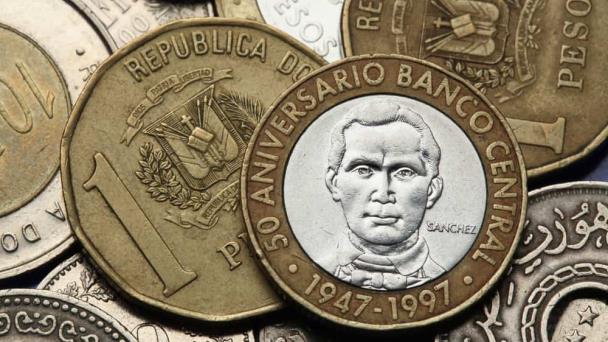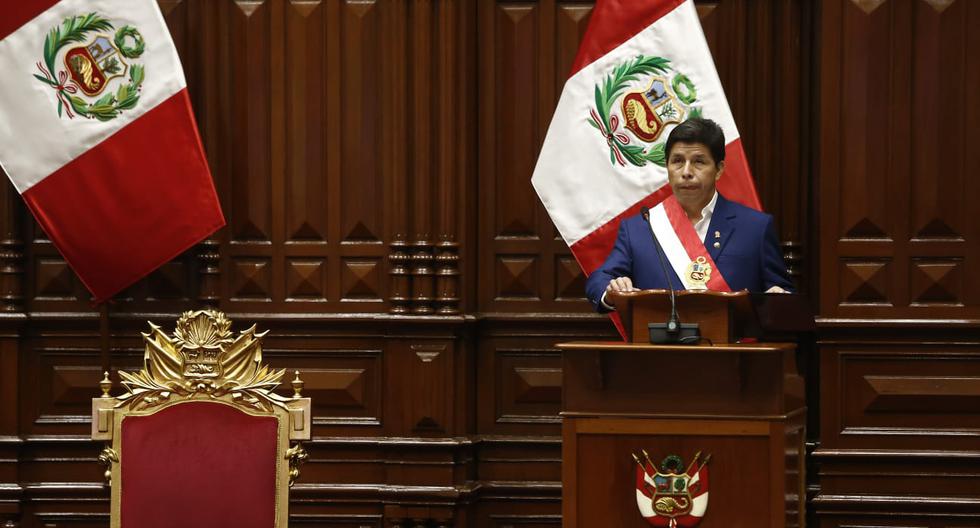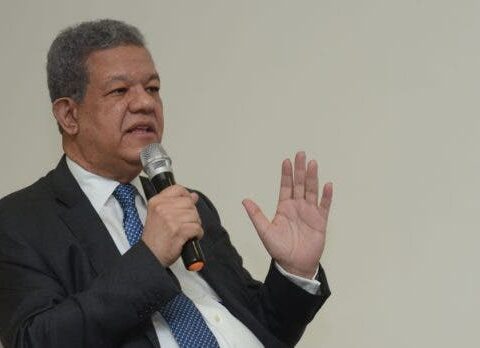From the exporting and importing sector, sightseeingfree zones, currencies and even the flow of investments will be affected if the peso continues to appreciate against the US dollar, economists say.
The President of the Republic, Luis Abinader, highlighted yesterday in Moca that the appreciation of the peso against the dollar generates confidence so that more companies invest in the country. However, what happens with the unusual change in value could affect the local productive sectors.
For the economist Haivanjoe Ng Cortiñas, it is convenient for the country to maintain a slight depreciation of the local currency against the North American to maintain stability and economic growth, since the country is “greedy” for that currency.
“(A) a economy exporter and in need of dollars, such as foreign investment, remittances and others (…), (it) is convenient for it to have a slight depreciation, not an abrupt depreciation” so that it does not slow down the development of economic growth, considered Ng Cortiñas when speaking with Free Journal.
“The market forces should be allowed to freely establish the price of the currency without administrative intervention by the monetary authority, and that the price be set by supply and demand”Economist
Likewise, the economist and deputy dean of the Faculty of Economic and Social Sciences of the Autonomous University of Santo Domingo (UASD), Antonio Ciriaco, gave his opinion, who also considers that the issue of appreciation has a lot to do with the monetary policy that the central bank is carrying out.
“The monetary policy adjustment central bank it is doing it with the purpose of maintaining an appreciated exchange rate, because it is part of a series of prices, such as fuel prices, for which the exchange rate is taken into account,” Ciriaco said.
“Until the inflationary pressure disappears and the central banks do not change their monetary policy, the Dominican Central Bank’s will be to raise the interest rate to lower demand and maintain the appreciation of the exchange rate”Economist and vice-dean of the Faculty of Economic and Social Sciences of the UASD
The Dominican peso continues to appreciate against the US dollar by 5% so far this year, compared to the US currency, reaching a price of one dollar for 54.47 pesos on the 28th of this current month.
Affected sectors
Among the negative factors that the appreciation of the peso could generate in the country, both economists foresee a possible penalty to the export sector, because it makes companies less competitive, since they would earn fewer pesos for the same amount of dollars they obtain for exports and continue assuming their operating costs in pesos.
A second impact is that the increase in the consumption of imported products is encouraged, therefore, it contributes to continue attracting external inflation due to the fact of the inflation that exists worldwide.
While, in the free zone sector, one of the most dynamic in the generation of jobs, it reduces the profitability of companies that work to direct their products abroad, with national exports being one of the most affected.
In another order, they highlighted that the stronger the value of the peso, the more tourist activities are faced, since visitors, when exchanging their dollars, receive fewer pesos and spend or invest less in the country’s shops and hotels.
They added that the variation in the exchange of currencies discourages foreign investment that is attracted by a set of factors, among which is the stability of the Dominican peso to be able to compete internationally.
Regarding foreign currency, they consider that “it is more than obvious” that Dominicans who receive dollars from relatives abroad would be receiving fewer pesos and therefore their purchasing power decreases to the detriment of the commercial sector.
Despite the multiple incidents in the productive sectors, the economist Ng Cortiñas highlights that “the only positive thing” is that it could reduce the internal pressure of inflation, thanks to the decrease in mass consumption of some local and international products.








